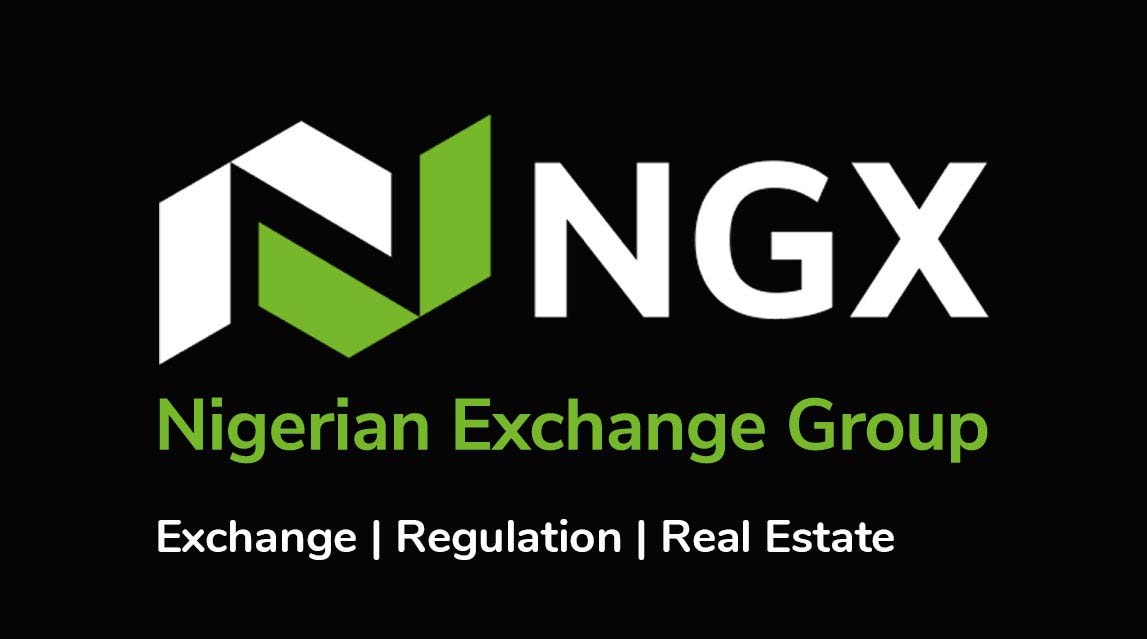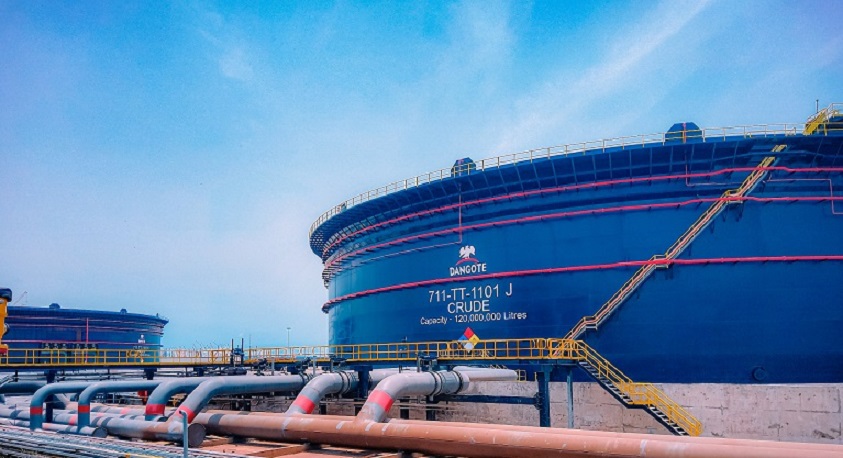Business
Global stocks edge higher; euro ticks down before ECB
LONDON – World stocks edged up from this week’s four-month lows in cautious trade ahead of a euro zone monetary policy decision later on Thursday, supported by relative calm in vulnerable emerging markets.
The euro was steady to weaker as some investors bet that the European Central Bank could surprise markets with another interest rate cut to ward off the threat of deflation after last month’s unexpectedly soft inflation reading.
The broad consensus is that there will be no change in the bank’s record low benchmark rate of 0.
“We have seen a hefty decline, but overall we should not be too worried because the fundamentals of the market have not changed much. The outlook for the equity market is staying constructive, but we need to be cautious,” Gerhard Schwarz, head of equity strategy at Baader Bank.
“The ECB will likely refrain from cutting rates today, but they will make it clear that they stand ready to act, should things deteriorate from here. And that should give the market some reassurance.”
The MSCI world equity index .MIWD00000PUS rose 0.2 percent, while European stocks .FTEU3 followed Asia higher by gaining half a percent.
Relative calm in the capital-hungry emerging markets of Turkey, South Africa and India also lifted developing stocks, after a rout that drove safe-haven bids to U.S. Treasuries and the yen.
Emerging stocks .MSCIEF rebounded 0.6 percent from this week’s five-month lows while the Turkish lira and South African rand held above recent lows.
The banking sector will be in the spotlight after Credit Suisse (CSGN.VX) missed expectations with a marginal uptick in fourth-quarter net profit, and its shares were down more than 2 percent.
“The earnings season hasn’t been that bad so far, but people that have been hoping for a real pick-up in revenues will have to wait. We’re not there yet,” a Paris-based equity and exchange-traded fund trader said.
The euro was down slightly on the day at $1.3522 and 137.14 yen. The dollar rose 0.1 percent against a basket of major currencies .DXY. German bond futures were broadly steady.
The ECB is due to announce its decision at 1245 GMT. Some investors also speculate it could suspend its sterilization program – operations to soak up money put back in circulation from the ECB’s buying of government debt.
At minimum, investors expect the ECB chief Mario Draghi to drop hints of his readiness to ease, which could help counter worries about dwindling stimulus from the Federal Reserve.
“I don’t think the market is particularly long (on Bunds) so there’s room for some sizeable gains there if they cut. The market is long of periphery but any signs of easing from the ECB should support them as well,” one bond trader said.
The benchmark 10-year Treasury yield was steady at 2.6675 percent after weak U.S. manufacturing data earlier in the week pushed it to a three-month low.
Investors are looking for Friday’s highly anticipated U.S. jobs report to show solid growth after encouraging private sector jobs numbers on Wednesday.
Economists surveyed by Reuters expect Friday’s data will show that employers added 185,000 jobs in January.
– REUTERS
Business
NGX Records N364bn Gain In Bullish Market Performance

The Nigerian stock market ended Wednesday on a bullish note, recording a significant gain of N364 billion for investors, despite concerns over corporate governance as 30 companies were axed from the Nigerian Exchange Limited (NGX).
The market’s positive performance was largely driven by the release of full-year 2024 financial results, boosting investor confidence.
The market capitalisation, which opened at N64.156 trillion, increased by 0.57% to close at N64.520 trillion.
READ MORE: EFCC, NGX RegCo Strengthen Partnership On Market Integrity
Similarly, the All-Share Index (ASI) rose by 591 points, or 0.57%, to settle at 104,549.74 from the previous 103,958.75. This pushed the Year-To-Date (YTD) return to 1.58%.
Despite the market’s overall bullish sentiment, market breadth remained negative, with 38 losers outweighing 27 gainers.
Among the top gainers, Aradel Holdings led the chart with a 10% increase to close at N594, followed by Chellarams Plc (9.98%), Stanbic IBTC (9.92%), UPL (9.64%), and Daar Communications (9.09%).
On the flip side, McNichols and Caverton led the losers’ chart, both dropping 10% to close at N1.44 and N2.07 per share, respectively.
Other notable decliners included Thomas Wyatt (-9.8%), Veritas Kapital (-9.79%), and Consolidated Hallmark Plc (-9%).
Market activity remained robust, with the total value of traded stocks rising by 9.99%. Investors exchanged 421.62 million shares worth N15 billion across 16,256 deals, compared to 542.23 million shares valued at N13.636 billion in the previous session.
Universal Insurance dominated the volume chart with 33.6 million shares, while Aradel Holdings led in transaction value, recording N6.3 billion in trades.
Amid the market rally, the NGX took a decisive step in enhancing corporate governance by delisting 30 companies over compliance failures.
Business
EFCC, NGX RegCo Strengthen Partnership On Market Integrity

The NGX Regulation Limited (NGX RegCo), the independent regulation subsidiary of Nigerian Exchange Group (NGX), and the Economic and Financial Crimes Commission (EFCC) have called for enhanced partnership to enhance market surveillance and combat financial crimes in Nigeria’s increasingly digitalized capital market.
This strategic initiative was discussed during a high-level meeting between NGX RegCo’s Chief Executive Officer, Olufemi Shobanjo, and EFCC’s Executive Chairman, Ola Olukoyede, at the Commission’s Abuja headquarters on Tuesday, January 28, 2025.
During the meeting, Shobanjo highlighted the critical need to adapt regulatory frameworks to address sophisticated digital financial crimes emerging in today’s evolving market landscape. “The digitalization of our markets has brought new challenges, necessitating a more robust collaborative approach,” he stated. “While our 2013 MoU established initial cooperation parameters, the substantial market growth in 2024 demands an enhanced partnership framework. As a frontline regulator, we recognize the EFCC’s crucial role in providing enforcement support and specialized expertise to combat market abuse and protect investor interests.”
ALSO READ: Dangote Imports 12m Barrels Of Crude From United States
Shobanjo emphasized NGX RegCo’s dedication to maintaining market integrity and expressed confidence that reinforced collaboration with the EFCC would strengthen investor protection mechanisms.
Responding, Olukoyede commended the desire to strengthen the existing relationship between the two agencies and assured that the Commission was ready and willing to collaborate.
“I know you are also concerned with regulatory compliance because the issue of compliance is a key issue. It is part of our mandate to enforce compliance. Under my administration, we have strengthened our bond with different regulatory bodies. Let’s see how we can have a desk where we can work better and attend to you. I have a special interest in the capital market in respect of the abuse of assets and trades. We will try to review the MoU, make our observations in line with the relevant laws and regulations, and communicate our views to you. We pledge our commitment to this”, he said.
The strategic dialogue highlighted both organizations’ shared commitment to fostering a secure, transparent, and globally competitive Nigerian capital market that instils investor confidence and promotes sustainable economic growth.
Business
Dangote Imports 12m Barrels Of Crude From United States

In the bid to boost local refining of petroleum products, the Dangote Petroleum Refinery has placed orders for up to 12 million barrels of crude oil from the United States.
Biztellers gathered that the refinery resorted to crude importation because local supply challenges was threatening the new $20bn refinery’s push to reach full refining capacity.
Recall that the refinery plans to reach its 650,000 barrels per day capacity in June this year.
ALSO READ: FewChore Finance Backs Osun SDG Creatives With ₦500m
Reliable sources at the Dangote Refinery maintained that low local crude supply from the Nigerian National Petroleum Company Limited (NNPC Ltd) had become a challenge to this plan to ramp up daily production.
The 12 million barrels of crude were already on the way from the United States and expected to land in Nigeria next month, according to the African Report.
“About 12 million barrels of crude have departed the US and should arrive in Nigeria by February,” an insider source told The Africa Report.
Dangote Petroleum Refinery is said to be importing more crude oil as supply from the NNPC becomes insufficient for fuel production at the $20bn Lekki-based facility.
Officials at the plant said the facility has ramped up production to about 500,000 barrels per day, with the target of hitting the 650,000bpd mark by June this year.
The NNPC Ltd is reportedly struggling to supply 350,000bpd to the Dangote refinery from the 450,000bpd crude meant for Nigeria’s local consumption.
With its current production capacity of 500,000bpd, officials said there is a need to look beyond the shores of Nigeria for the feedstock.
Recall that in July 2024, President Tinubu ordered the NNPC Ltd to sell crude oil to local refineries in naira.
According to the crude oil production forecast of producing oil companies and the refining requirement of functional refineries in Nigeria signed by the Chief Executive of the Nigerian Upstream Petroleum Regulatory Commission, Gbenga Komolafe, the Dangote refinery would require 550,000 barrels of a blend of Nigerian crude oil daily, 17.05 million barrels monthly, and 99.55 million barrels between January and June 2025.
The Dangote Refinery is already building eight more tanks to store imported crude. The facility is planning to stockpile imported crude oil because local supplies have become unreliable.
Officials of the refinery were quoted as saying that low crude supply from the NNPC Ltd “is driving import dependence.”
The building of eight additional tanks will see crude storage capacity at the refinery jump by 41.67 per cent to 3.4 billion litres.
“Importing crude from other countries instead of buying locally means that our crude stockpiles will have to be higher,” the Vice President in charge of the oil and gas business at Dangote Industries, Devakumar Edwin, said.
In May 2024, the refinery reportedly issued a term tender for the purchase of two million barrels of West Texas Intermediate Midland crude monthly for 12 months starting in July last year, amounting to 24 million barrels of crude in one year.












